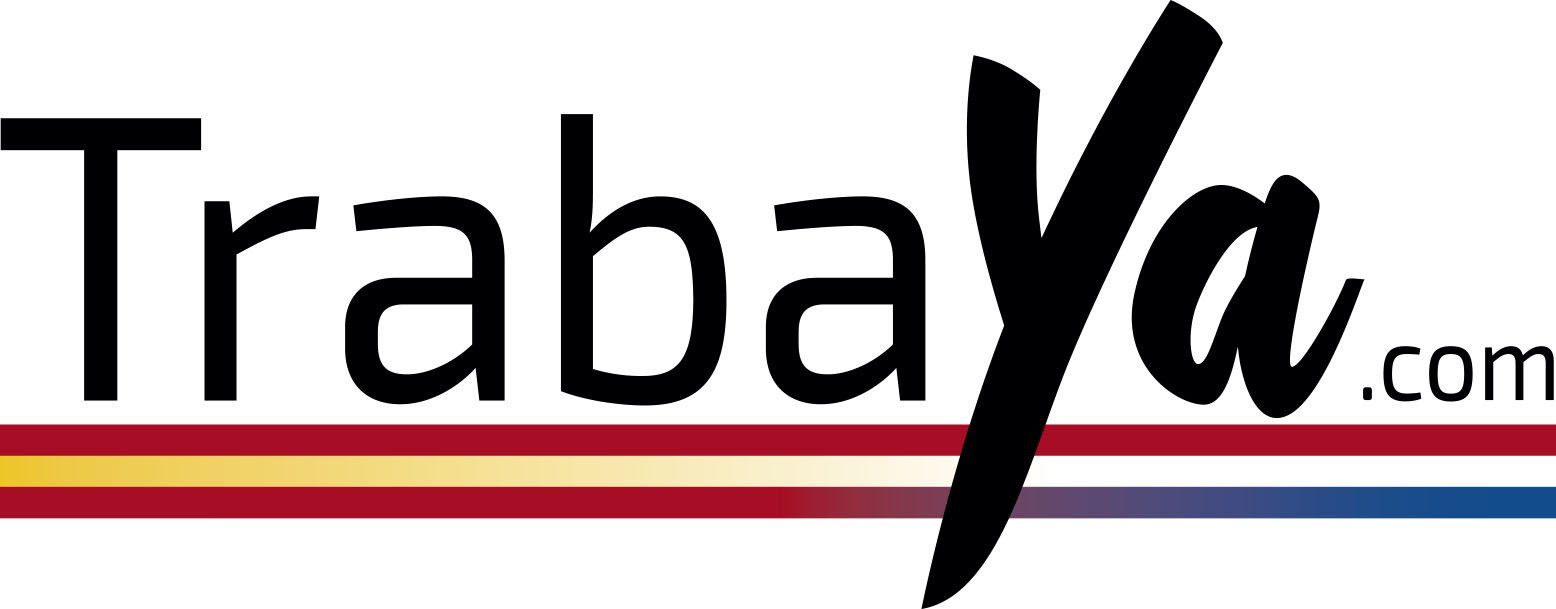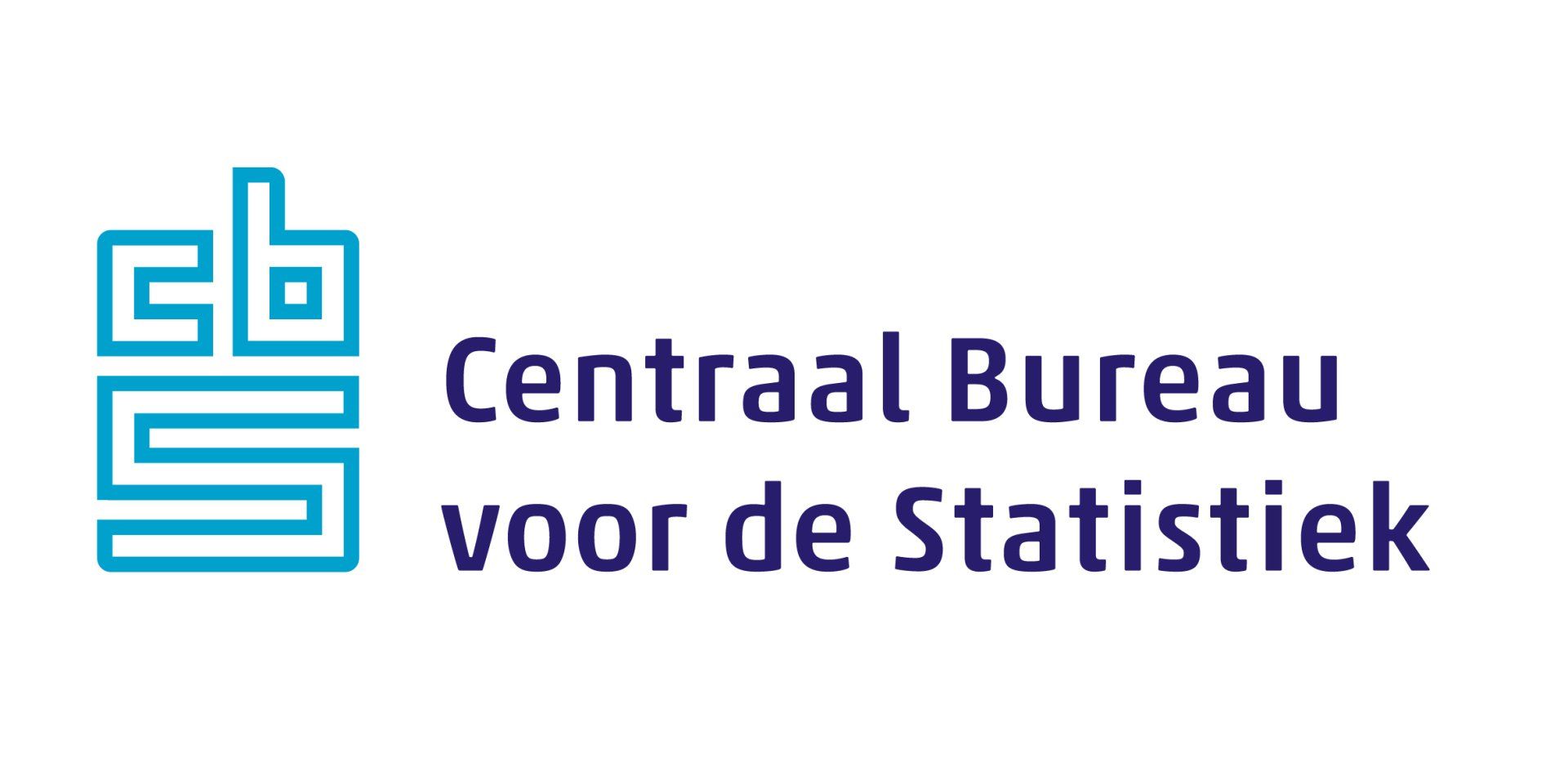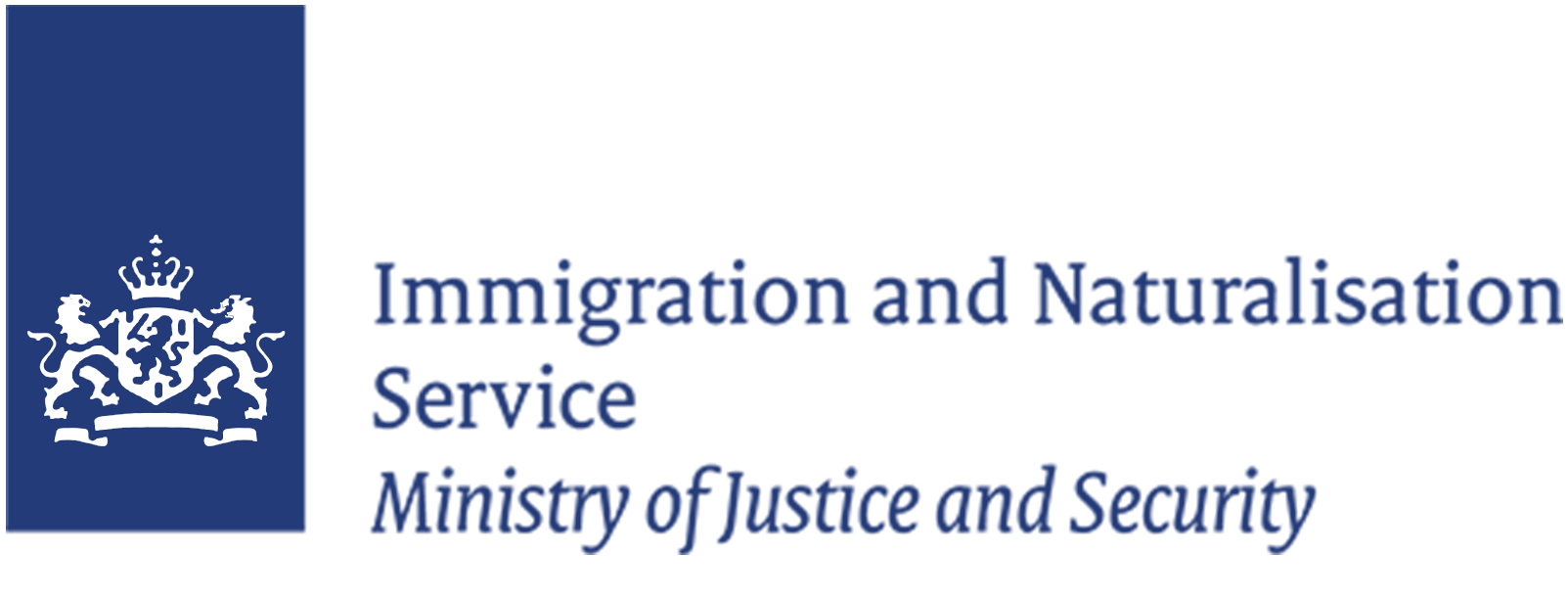
Working in Switzerland
Get work experience, learn more languages, earn more, meet new people. There are many reasons to start working in one of the wealthiest countries in Europe right now! Thousands of jobs are waiting for enthusiastic people like you.
¨Get work experience, learn more languages, earn more, meet new people.
There are many reasons to start working in one of the wealthiest countries in Europe right now! Thousands of jobs are waiting for enthusiastic people like you.¨
Types of Work Visas in Switzerland
Before you and your employees choose which Switzerland work permit is best for your needs, you need to know the requirements differ based on nationality. Citizens from the European Union (EU) and European Free Trade Association (EFTA) countries face fewer hurdles and do not have foreign worker quotas.
When your employees apply for a Swiss visa, they are actually getting a Schengen visa. This document allows employees to travel through any Schengen country. If you’re hiring EU/EFTA citizens, they can apply for one of the following options:
- Permit L: This permit suits short-term residents who want to live in Switzerland for less than a year. Applicants will need an employment contract valid for three to 12 months, and the visa will match that length.
- Permit B: Expats who want to live in Switzerland for longer than a year can apply for a B permit if they have an employment contract lasting at least 12 months.
- Permit G: Cross-border commuters who work in Switzerland but live in another EU/EFTA country are eligible for a G permit. They must return to their main place of residence at least once a week.
Requirements to Obtain Switzerland Work Visas
Switzerland made it more difficult to get a work permit or employment visa in 2015. Since then, the country has put quotas in place that limit the number of permits they distribute each year. Once the quota is reached, would-be expats have to wait another year to apply for the permit. Since Switzerland comprises 26 cantons, or member states, requirements also vary among locations.
Non-EU/EFTA citizens face many more requirements. For example, non-Swiss nationals have to be fluent and literate at a certain level in their canton’s dominant language. The longer someone intends to stay in the country, the more fluent they need to be. If your employees are applying for a B permit, they need to show proof of enrollment in a language course if they don’t know all four official languages.
Other qualifications and requirements include:
- Holding a skilled position
- A university or similar degree from a higher education institution
- Several years of professional work experience
- Proof of intent to improve professional and social development while in the country
- Completed application form
- Two passport photos
- Original passport and copies of previous visas
- Two blank passport pages
Employers also need to fulfill certain requirements. First, you must prove you could not find a qualified Swiss local to fill your position. You will also need to explain why you have the job vacancy and proof you advertised it to Swiss citizens. Plus, it’s important to list the expected salary and social security contributions compared to the common salary and benefits in your canton and job sector.
Application Process
Switzerland leaves much of its governmental decisions up to each canton. This changes the application process and cost by canton and the employee’s originating country. On average, a work permit in Switzerland costs around 100 CHF, or about $100. You can find the application form for your specific canton authority on the cantons’ websites.
Since Switzerland uses a quota system, applications will be judged by certain criteria. This includes age, knowledge of the local language and other languages, and the applicant’s plans to adapt to Swiss culture.
Other Important Considerations
If your employees have family members, they may want them to come to Switzerland, as well. To do so, they will need Swiss citizenship or a permanent residence visa. Then, with the canton’s approval, they can sponsor their own family members. All family is allowed to stay in Switzerland for the same duration as your employee.
All rights reserved Trabaya Europe B.V. Trabaya Europe is a member of the Nansen Capital Group. Logos on this website belong to the organization(s) where we linked to. No rights can be derived from information displayed on this website. The contact between employee and employer is direct, through a communication application (App) or website.
Trabaya Europe B.V. does not form part of any employment contract between the employer and the employee.
Our contact service between employee and employer is from free to paid use by the customer.
Trabaya Europe B.V. is not an employer or employment agency.







